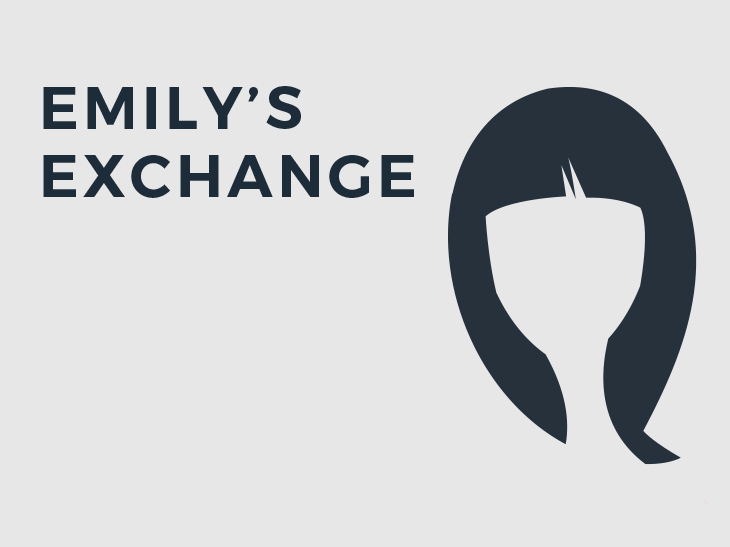Christmas came as a welcome break at the end of what was, an eventful year. Despite over-excited children creating chaos resulting in bumped heads, I found the break strangely calm. Being able to focus on food and family was a welcome break from the funds and futures that often fill my head. Of course, the newspapers did nothing to help prolong this sense of calm, the inevitable reflection on the year that was seemed somewhat bleaker than the usual year in review.
There is an air of positivity as we enter 2017. Mortgage approvals are at an eight-month high (my niece included among them), and the manufacturing sector has grown at its fastest pace for two and a half years. All this points to the fact that the UK economy is doing OK! I could possibly take it further than OK, but I feel the need to be cautious. Can we safely say that the post-Brexit pessimists have been proved wrong?
The Brexit effect
The market reaction to Brexit was positive, only sterling really showed signs of suffering. The FTSE 100 closed the year at a record breaking high. But there’s an important distinction between the market reaction and the economic reaction, one an anticipation of what’s to come, whilst the other a confirmation of the impact of what has come.
We’re yet to see any real changes to policy, and a huge amount of uncertainty remains. Yet despite this uncertainty, consumer confidence appears to have been boosted and is sitting close to its decade high. Perhaps the newspapers are just really out of touch?
The UK is set to be the fastest growing advanced economy of 2016, despite the predictions resulting from the Brexit vote. As such, it could be an indicator of how other economies will react to their own political upheavals and therefore gives an idea of the state of play in 2017.
Muted reactions, but is it too early?
It is still too early to tell how Italy’s vote to reject constitutional reform and the subsequent resignation of their prime minister will impact their economy. But many pundits expected this level of uncertainty to send markets into turmoil but the reaction in the financial markets was negligible.
A similar story can be told of November’s news that the ‘outsider’ Donald Trump would be the next US President. In all cases, nothing is yet entirely clear; Trump will be inaugurated later this month at which point his policy focus should become clearer, and Italy have formed an interim government, but they’re yet to get their feet under the table.
Back home, the political noises aren’t particularly reassuring. Resigning diplomats and a squabbling cabinet hardly paint a picture of clear vision for the future. But by the end of this quarter we should be heading in to Brexit negotiations, but who knows what’s coming.
The recent economic data suggests that the financial markets were right to have a muted reaction to the news stories of the year. As negotiations in the uncertain world start to unfold, inflation is picking up in the UK, US and Eurozone.
All may not be as it seems
This positive economic data doesn’t mean that it’s all plain sailing. Times are still tough, the high street suffered in December. But with shoppers moving online and Black Friday bringing many sales forward, the high street may not be the most reliable indicator. Who really wants to queue up at 5am on Boxing Day anyway, when there’s bubble and squeak to be had?
Unemployment is low, coupled with this, earnings are growing by an average of 2.5%. It seems that there is real wage growth (above inflation), but the British consumer is funding this confidence through borrowing, taking advantage of the low base interest rate. As inflation picks up we all need to mindful that an interest rate rise is likely.
Spending is on the up, the economy is robust, unemployment is low; this is a good start to the year. But we have an unquestionably uncertain year ahead, the same can be said every January, but it’s not every year that we leave the EU. Whilst it’s great that the economy hasn’t collapsed we need to focus on saving. Undeniably we’ll feel the pinch from inflation later this year.





